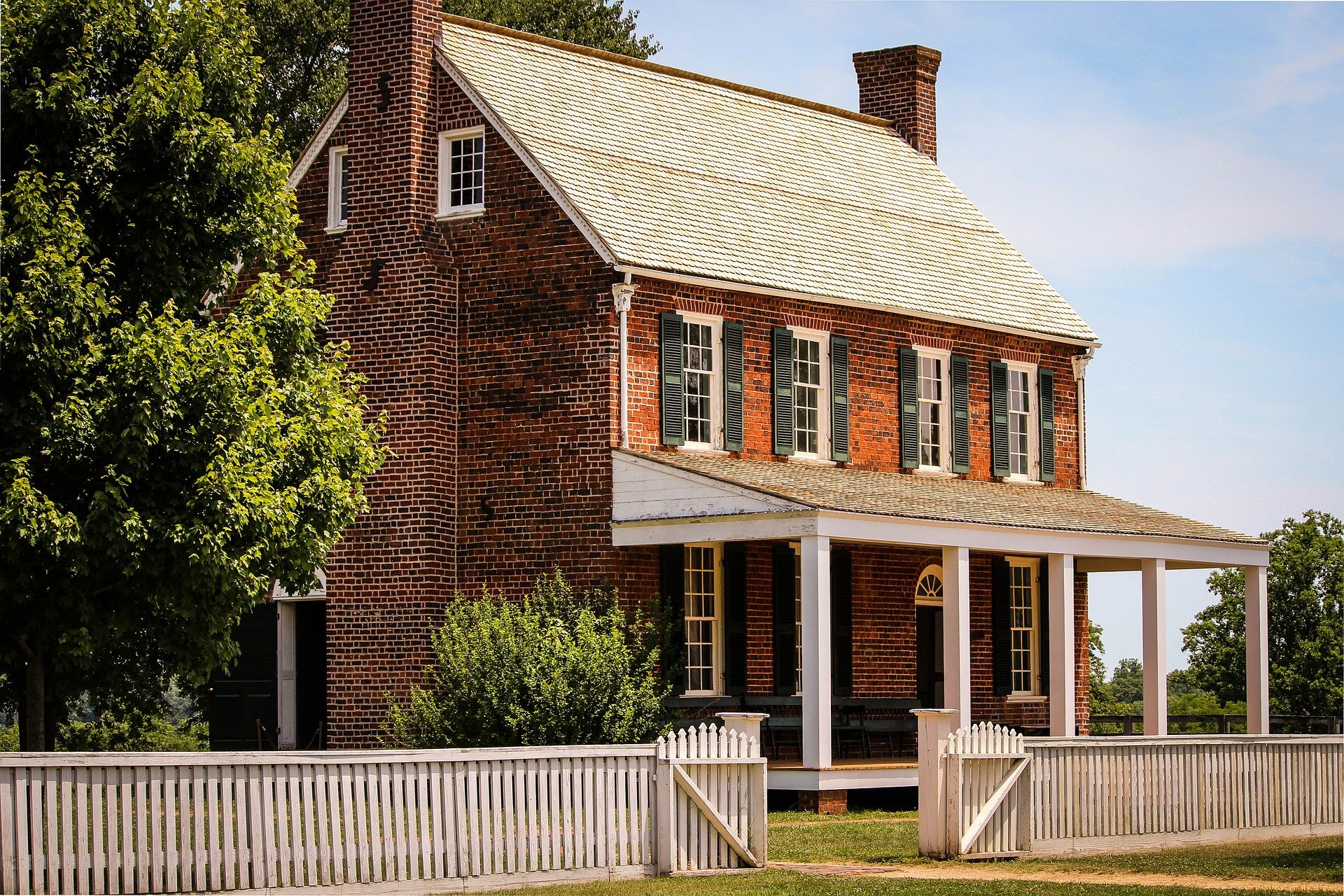Wilmer Mclean and the American Civil War
Everyone knows about the American Civil War. Or at the very least has heard of it. The war started in 1861 and finished in 1865. Fought between the northern states (the Union) and the southern states (the Confederates), war broke out essentially over the enslavement of black people.
Today we are only going to concern ourselves with the very first day of the war and the very last. Both days involve Wilmer McLean.
July 21st 1861 – The First Battle of Bull Run
Wilmer McLean was a retired Major and a wholesale grocer. At the time of the Battle of Bull Run he would have been 47 years old. Too old for active service. He doesn’t fight, pull off a heroic deed or anything of the sort really. His entire role in this story is one of being in the wrong place at the wrong time.
His house, you see, was smack bang in the middle of the battlefield. It was being used as the Headquarters for the Confederates. Wilmer had only moved here because he feared that the Union army presence in Northern Virginia would disrupt his livelihood.

With his home sequestered and his land a battlefield, Wilmer decided to relocate again. This time he resolved to be far away from battle, moving 120 miles away in 1863.
April 9th 1865 – Surrender
Confederate General Robert E Lee is set to surrender. A messenger is dispatched to find a suitable place in a small community called Appomattox Court House.
Take a guess whose home the messenger goes to first.
A knock on the door rouses Wilmer McLean. It’s the messenger. A request is made to use his home for the surrender. Wilmer, quite reluctant, eventually agrees. His thoughts no doubt returning to the first day of war.

General Lee surrenders to Ulysses S. Grant in Wilmer’s parlor. A truly historical moment. The other members of the Army present no doubt agreed. They begin making off with furniture, chairs, whatever they could lay their hands on. Wilmer protests but they just hand him money as they leave with their stolen goods.
No less than General Custer (he of the last stand fame) is charged with taking away the table the document is signed on.
As for Wilmer McLean, he had this to say:
The war began in my front yard and ended in my front parlor.
Today he is forgotten by most. But to the few he will always have a unique place in history. I’m not sure if that makes him unlucky or lucky, but a quirk of fate and geography ensures his story will always be intertwined with the start and end of the American Civil War.
